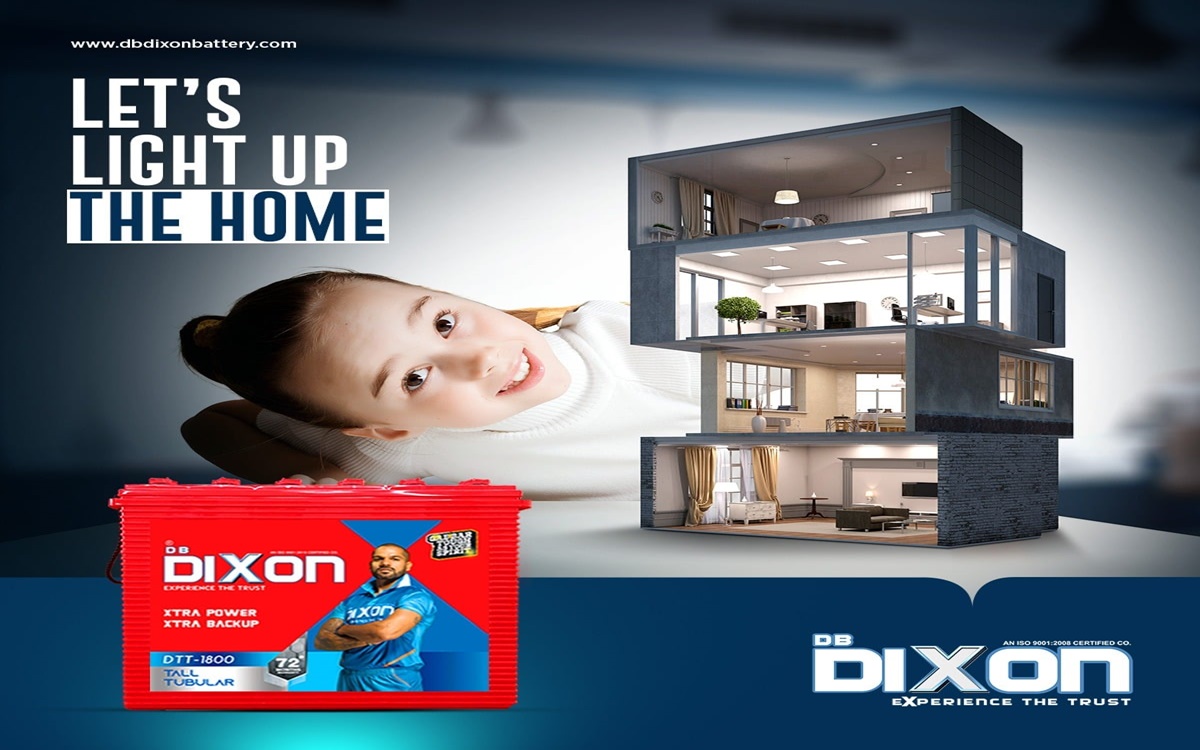In today’s world, where power cuts have become an unwelcome part of our lives, having a reliable inverter and battery system is essential for uninterrupted power supply. Whether you’re looking for a solution for your home or business, understanding the different types of inverters and batteries available in the market is crucial to make an informed decision. In this blog, we will explore the various types of inverters and batteries and shed light on why lead-acid batteries, specifically those manufactured by DB Dixon, a trusted Inverter battery manufacturer, can be the best option for your needs.
Types of Inverters
There are mainly three types of inverters.
-Pure Sine Wave Inverters:
*These inverters provide high-quality and stable power similar to the grid supply.
*Are suitable for running sensitive electronic devices, such as computers and medical equipment.
*And offers better energy efficiency but comes at a higher cost.
-Modified Sine Wave Inverters:
*These inverters are a more affordable option compared to pure sine wave inverters.
*Are suitable for running basic appliances and devices like fans, lights, and televisions.
*May cause humming or interference with certain equipment, affecting their performance.
-Square Wave Inverters:
*These are the most basic and inexpensive type of inverter.
*Are suitable for running simple appliances like incandescent bulbs, heating elements and resistive loads.
*Are not recommended for sensitive electronic devices due to the poor quality of power output.
Choosing the Right Inverter
When selecting an inverter for domestic or commercial use some of the most important factors that you need to consider are your power requirements, your budget and of course it’s after sale service.
-Power Requirements:
Calculate the total power consumption of the devices you intend to run on the inverter and choose an inverter with a power rating slightly higher than the total power requirements to accommodate any surges or additional loads.
-Budget
Budget is an important factor that you need to consider.
For example, if you are low on budget then opting for a square wave inverter will be a good option but if you don’t have any budget constraints and also have high power demand then you can opt for a sine wave inverter.
-After Sale Service
Purchasing an inverter requires a considerable amount of money, so you need to get it from a reputable brand who with its premium product offers you a good warranty period and an exceptional after sale service.
Inverter Batteries:
Now, after choosing the right inverter for your home, you need to opt for a good battery that is compatible with your inverter and efficient enough to power according to your power requirements. To choose the best inverter battery, let’s first understand with the type of battery available in the market:
-Lead-Acid Batteries:
*These batteries are reliable and widely used inverter battery options.
*It also offers good power density and high surge current capacity.
*Are affordable and easily available in the market.
*Suitable for both domestic and commercial use.
*Is a tried and tested technology, widely accepted for decades.
-Lithium-Ion Batteries:
*These batteries are lightweight and compact.
*Offer high energy density and longer service life.
*Are efficient but are too expensive.
*Suited for high-end residential and commercial applications.
Both batteries have their pros and cons. You can choose the right battery according to your power requirement, budget and other factors.
To conclude, when it comes to selecting an inverter and battery system for your domestic or commercial needs, it’s crucial to consider factors like power requirements, battery capacity, and the type of battery. While different battery options exist, lead-acid batteries, such as those manufactured by DB Dixon, provide a reliable and cost-effective solution. Evaluate your power needs, battery requirements, and explore trusted manufacturers like DB Dixon to ensure a seamless power backup system that meets your specific needs.
Follow Us:
